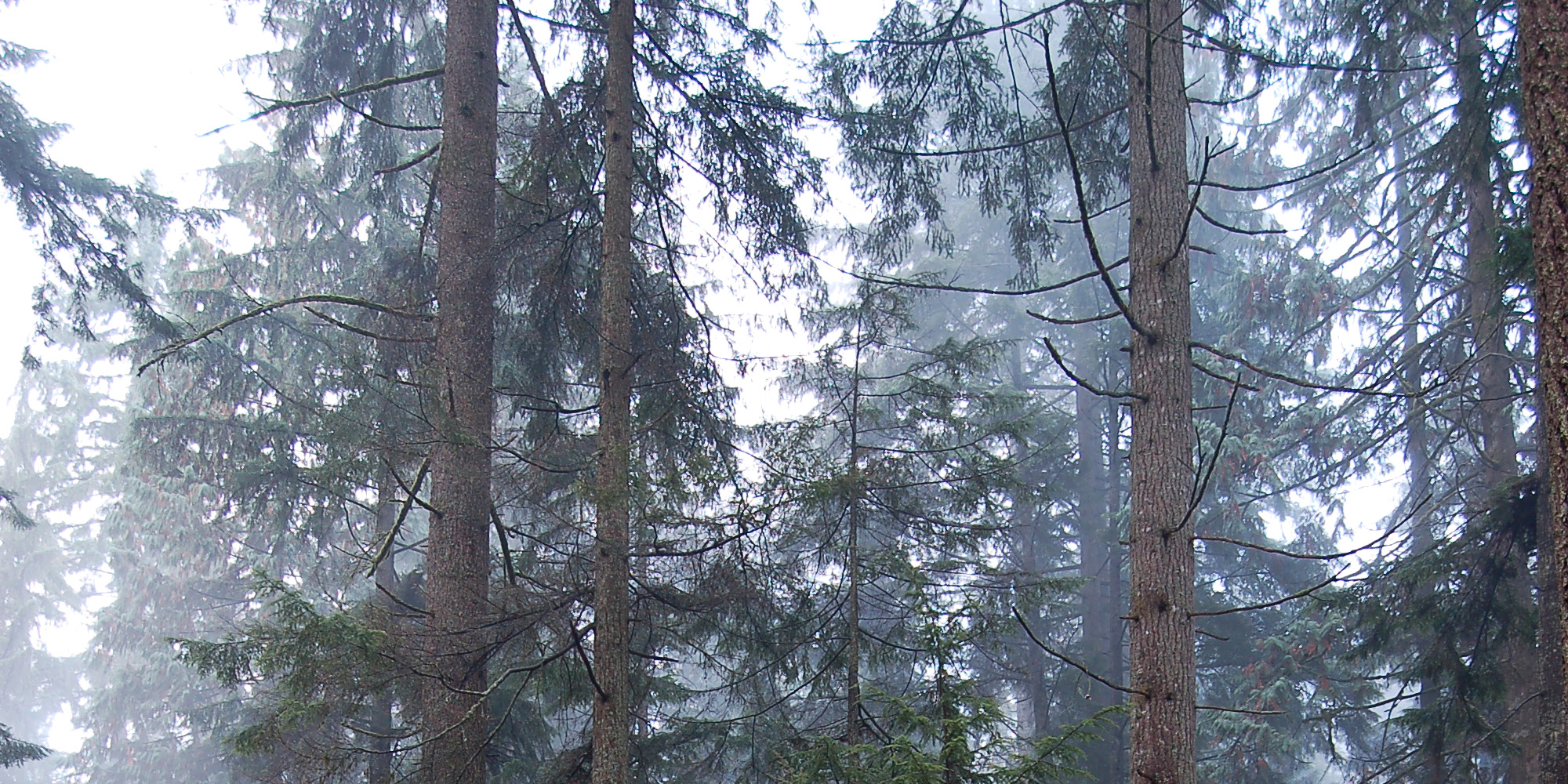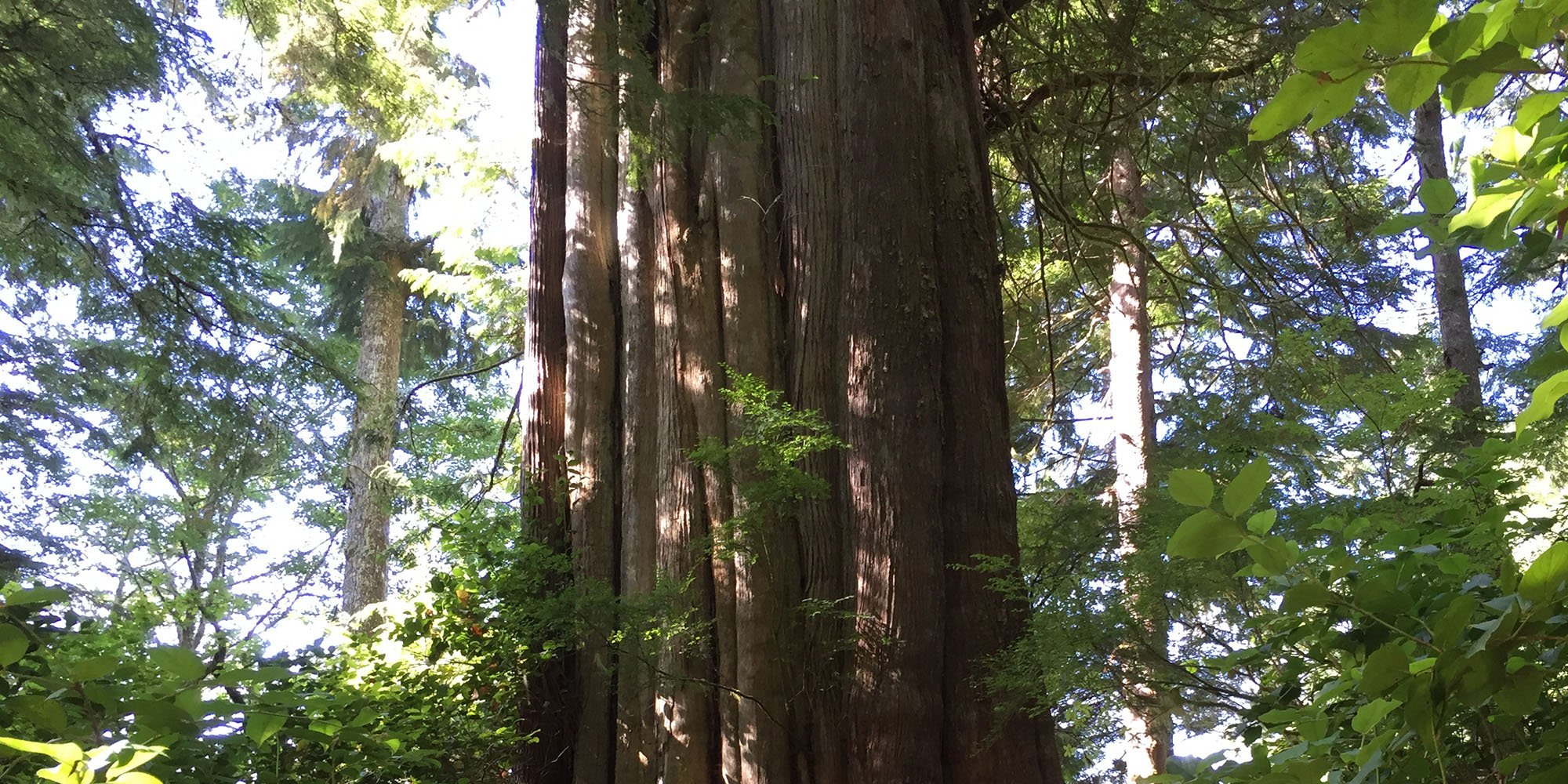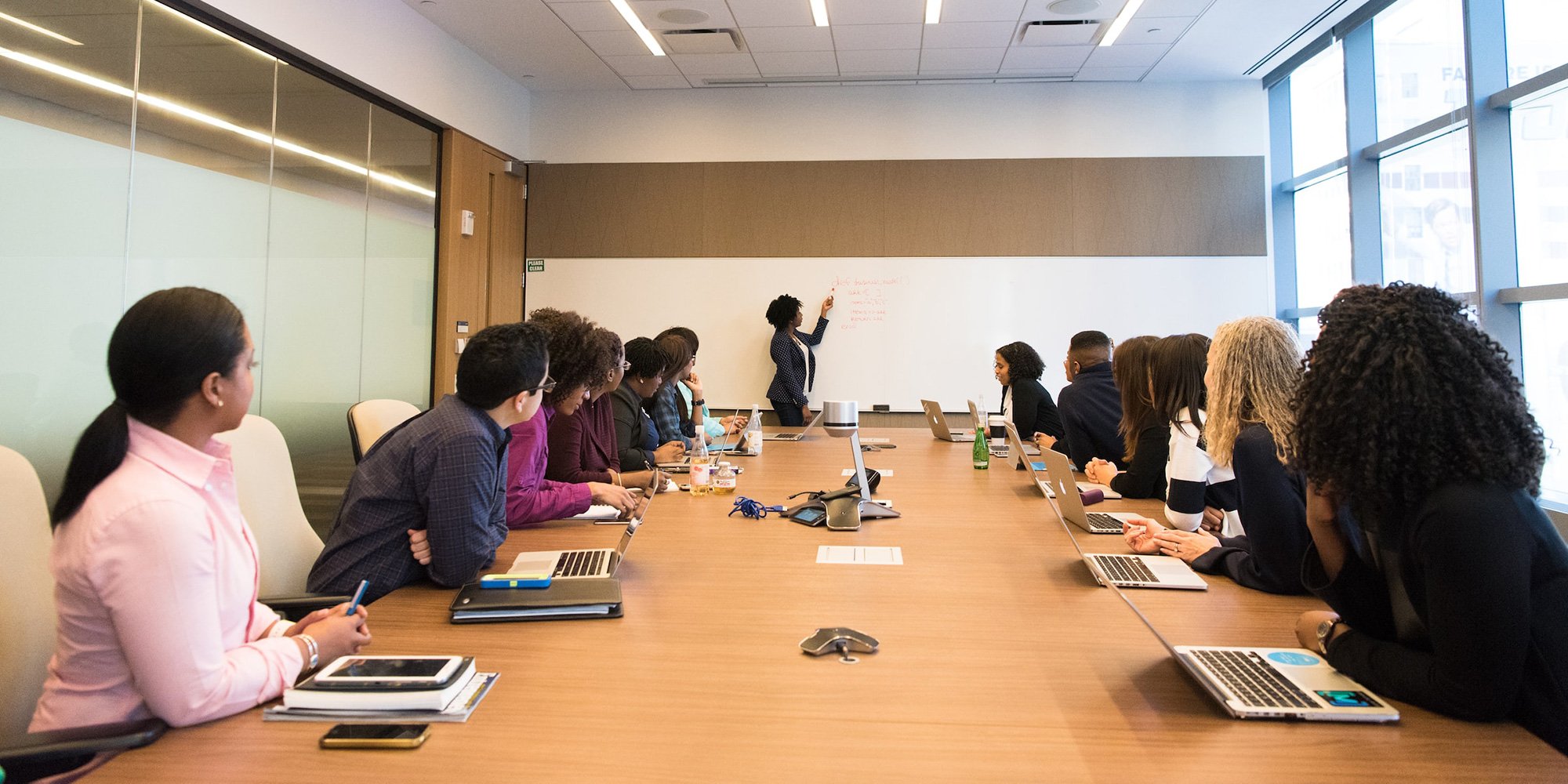Developing Your Indigenous Procurement Strategy
A central finding of this research is that Aboriginal procurement is not the same as traditional supply chain management. Procurement from...

When a company takes the reconciliation initiative to provide our Indigenous Awareness training to the majority of their staff we believe their actions should be applauded and broadcast.
Ken Price, RFT, Manager, Partnerships for Mosaic Forest Management Corp. took some time to provide the background on why it was important that staff take the training and the impact on their relations with First Nation communities and partners.
 TimberWest has been a member of the Canadian Council for Indigenous Business (CCIB) since 2014. CCIB has a Memorandum of Understanding with Sustainable Forestry Initiative, which is our Environmental certification. Through that association, we were approached to see if we would be interested in becoming PAIR (Partnership Accreditation in Indigenous Relations) certified. In September 2017, TimberWest became the first forest company in BC to be PAIR certified and the second nationally.
TimberWest has been a member of the Canadian Council for Indigenous Business (CCIB) since 2014. CCIB has a Memorandum of Understanding with Sustainable Forestry Initiative, which is our Environmental certification. Through that association, we were approached to see if we would be interested in becoming PAIR (Partnership Accreditation in Indigenous Relations) certified. In September 2017, TimberWest became the first forest company in BC to be PAIR certified and the second nationally.
Being PAIR certified is something that TimberWest (now Mosaic Forest Management) is proud of and we communicate the benefits of PAIR to our industry peers and all groups we interact with, including the First Nations that Mosaic has ongoing communications with. PAIR is a great tool to align both groups’ visions in order to work together. Our commitment shows we have taken it upon ourselves to gain a better understanding of culture, history and the current history and we find that commitment is very much appreciated.
Part of our commitment to PAIR was to make sure that each TimberWest staff employee and contractor lead had some level of training with respect to Indigenous history, and local history as well as legislation in current court cases. We have business-to-business relationships with over twenty First Nations on Vancouver Island and the mid-coast. For our executive, it made good business sense that all of our staff understand why there are certain questions or statements from First Nations we have relationships with such as “these lands are the unceded traditional territory of...” Some staff were unaware of wrongdoings in the past. It is important that everyone understands what reconciliation is about, what the UN Declaration on the Rights of Indigenous Peoples is about, and what our PAIR certification is about.
Many of us had met Bob, attended his seminars or seen him speak. Everyone was impressed with his insight and training style.
Bob’s ability to stand in front of a large group and articulate difficult topics and not be flustered by some of the ignorance he encounters in our society is unmatched. He can answer tough questions without escalating emotions - he just says it as it is.
All in all, nearly 100 employees (or about 50% of Mosaic’s workforce) have taken either the three-hour Indigenous Awareness training, the six-hour Working Effectively with Indigenous Peoples® training or the online version of Indigenous Awareness training. One of the first things I noticed is the number of staff who, after taking the training, wanted to expand their learning. Of their own initiative, they’ve looked up more information related to their fieldwork such as learning about pictographs, and the locations and significance of territorial markings. The understanding of how culturally modified trees and other cultural features relate to their assertion of a nation's territory.
In our interactions with First Nations, the tone of the conversations has changed. For example, prior to Bob's training, if a First Nation contacted us with a concern about an area we are operating in, there may not have been a direct understanding of why the operation had any impact on the First Nation. Now our staff have some context of the historical wrongdoings so there is greater appreciation as to why the Nation is raising the concern. Our staff can communicate with the nation from a level of knowledge rather than a level of misunderstanding.
It’s important that our relationships with First Nations continue to strengthen so that when there are concerns brought forward by either a First Nation or Mosaic there is mutual respect and we can work through these issues.
In late 2018, TimberWest and Island Timberlands, which are both owned by British Columbia Investment Management Corporation, the Public Sector Pension Investment Board, and Alberta Investment Management Corporation came under management by Mosaic Forest Management Corp. TimberWest staff took the training prior to the affiliation and now Mosaic is planning for legacy Island Timberlands staff or new staff to take Indigenous Corporate Training's courses.
For key actions, I continually promote PAIR to industry peers as well as other sectors. In my opinion, PAIR does make a difference in doing our part toward reconciliation. Also, I would definitely recommend industry and governments take Indigenous Corporate Training Inc.'s course to gain a better understanding of the current political climate. There are a lot of reasons for First Nations, industry and government to work together in forestry, it is a renewable industry and a rewarding career. We gain more in working together to promote sustainable resources.
NOTE: Since this article was written, PAR Certification has been renamed to PAIR Certification - Partnership Accreditation in Indigenous Relations. PAIR is offered by the Canadian Council for Indigenous Businesses (CCIB), which was formerly named the Canadian Council for Aboriginal Businesses (CCAB).
 Indigenous Corporate Training Inc. is a proud Certified Indigenous Business by the Canadian Council for Indigenous Business (CCIB) and is certified to provide Partnership Accreditation in Indigenous Relations (PAIR) training and facilitation. This means we can not only provide the training you need to become certified but can also help your business move successfully through each of the certification levels. Contact our trainer advisor to discuss your PAIR journey.
Indigenous Corporate Training Inc. is a proud Certified Indigenous Business by the Canadian Council for Indigenous Business (CCIB) and is certified to provide Partnership Accreditation in Indigenous Relations (PAIR) training and facilitation. This means we can not only provide the training you need to become certified but can also help your business move successfully through each of the certification levels. Contact our trainer advisor to discuss your PAIR journey.
Featured photo: Shutterstock

A central finding of this research is that Aboriginal procurement is not the same as traditional supply chain management. Procurement from...

Since the Truth and Reconciliation Commission released its summary report containing 94 Calls- to-Action we have written a series of articles on what...

Land acknowledgements are increasingly present at the beginning of meetings in board rooms, lectures, classrooms, entertainment events etc. Land...